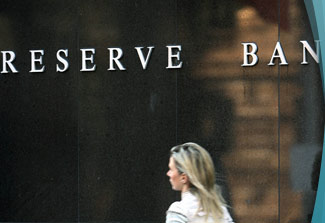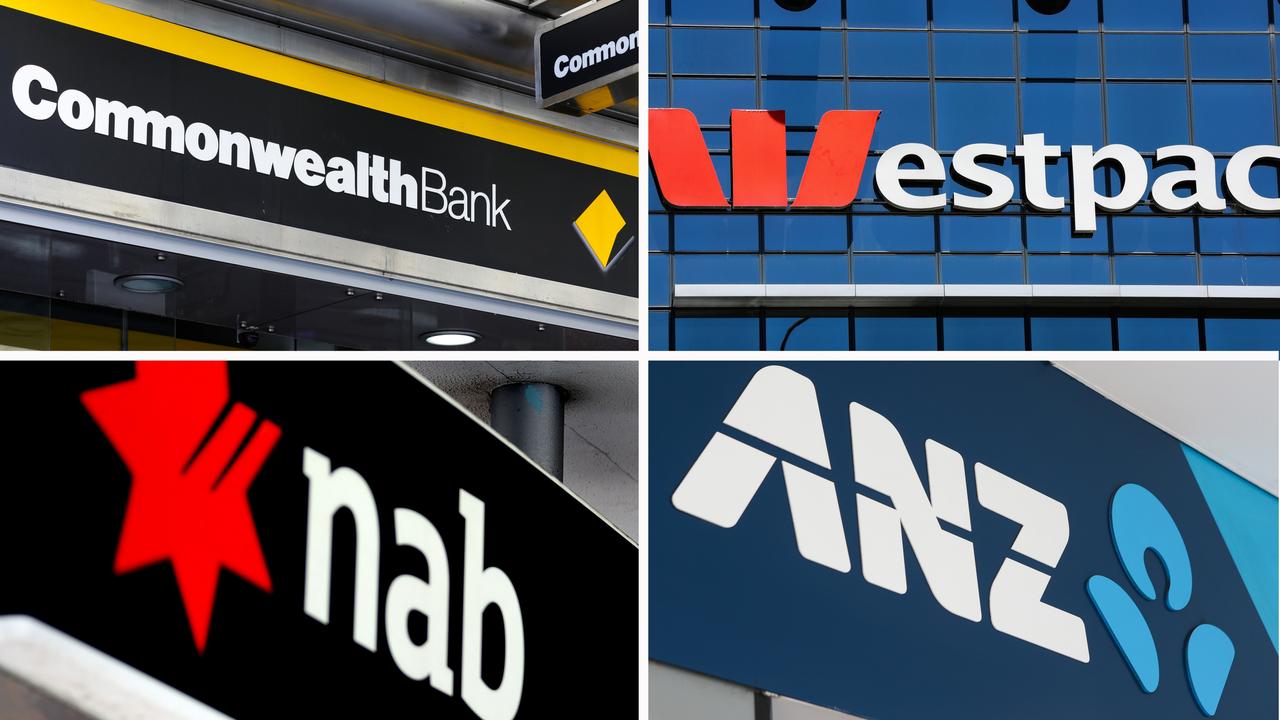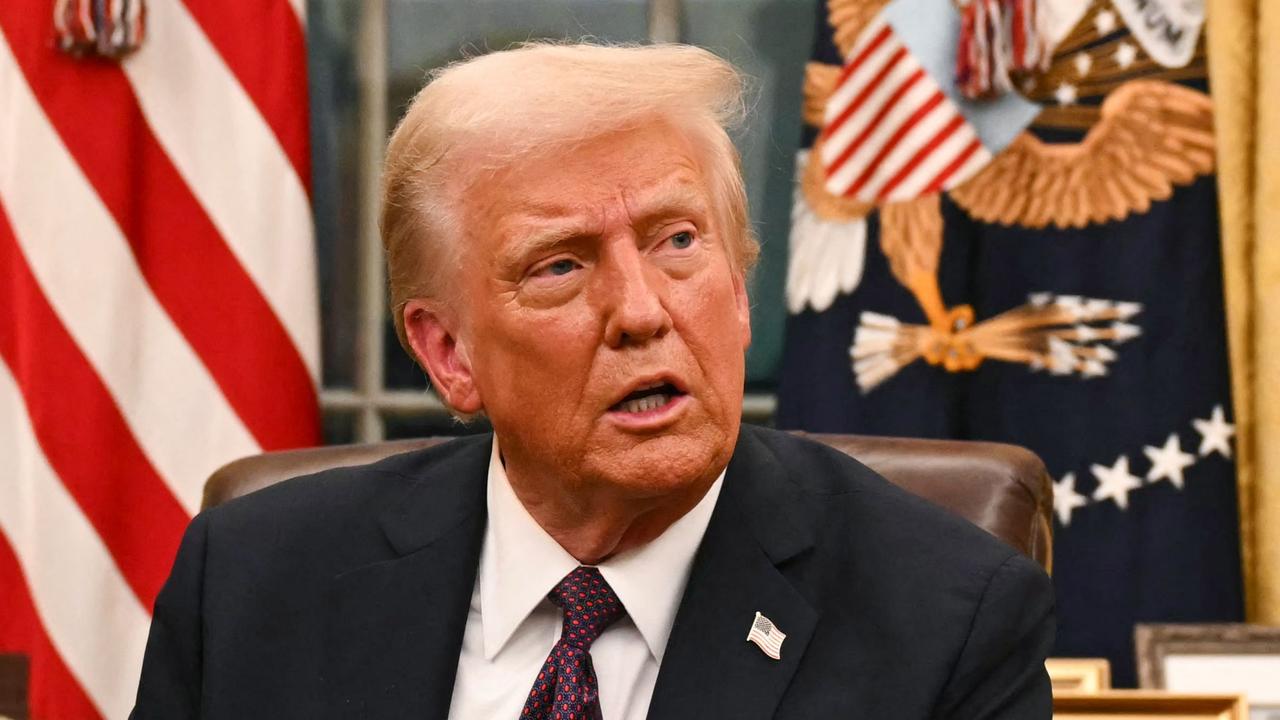Credit card charges face RBA scrutiny
RETAILERS and banks are at odds over the need to charge interchange fees on credit card transactions.

Credit card charges face RBA scrutiny
A GREAT divide between Australia's financial institutions and retailers has been laid bare, as the Reserve Bank builds the foundations for its next phase of reforms for the nation's $60 billion payment system.
The country's two biggest retailers, Woolworths and Coles, presented their case for a zero interchange fee policy and regulation, while the banks and Mastercard argued against such moves, claiming that a reduction threatened innovation with no benefit to consumers.
The debate coincided with the RBA and Melbourne Business School releasing a joint paper on the payment system, showing for the first time data on the cost of payment for cash, eftpos and credit cards.
The RBA estimates that the total resource cost of credit cards is $1.46, compared with eftpos at 22c and cash at 19c - which suggests a long way to go on interchange fee reduction.
An interchange fee is charged between banks for processing transactions.
Under the watchful eye of RBA governor Glen Stevens and assistant governor Philip Lowe, Coles payment service executive Douglas Swansson said: "In our view interchange fees are an unnecessary distortion and lead to inefficiencies.
"Interchange fees are a subsidy that distorts the pricing of payment instruments and in turn their usage and acceptance costs for merchants,'' Mr Swansson said. There was "no justification'' for interchange fees and they should be "abolished''.
But Commonwealth Bank head of client delivery operations Paul Rickard said: "A zero interchange fee is not the right answer for developing, maintaining and operating the nation's payment system. To arbitrarily set interchange fees at zero for all payment systems would be to ignore a useful tool for facilitating efficient use of resources to meet the needs of business and personal consumers.''
Mastercard Australasia executive vice-president Leigh Clapham said since the RBA started its reforms five years ago, the payment market had not been made more competitive or efficient and
"Australian consumers are now saddled with higher costs'', citing higher card holder fees.
"Mastercard is open-minded to the call by other industry participants for the replacement of the interchange regulations with a set of agreed principles.''
ACCC director Stephen King said: "We had the interchange fee decrease by about 50 per cent but nothing real has happened. That seems to me the fundamental problem facing the Reserve Bank when it considers what to do with the interchange fee.''



